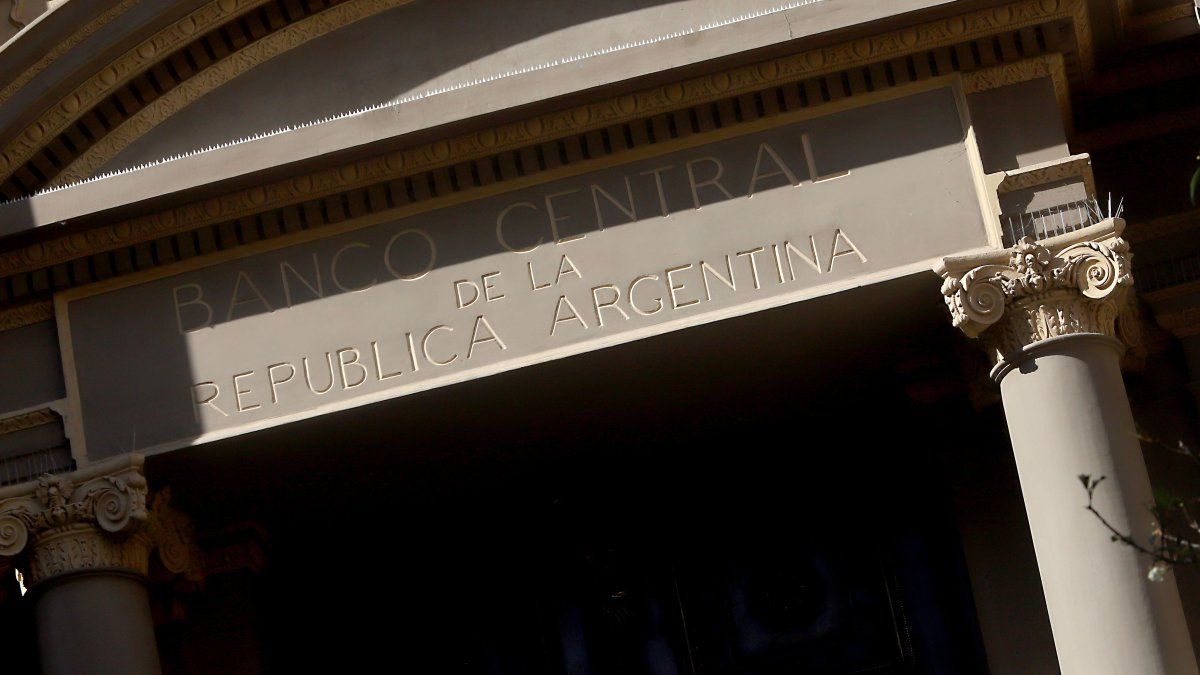The energy ministers of the federal states discussed electricity prices and energy supply for two days. There is cross-party agreement, among other things, on the call for an industrial electricity price.
The energy ministers of the federal states see the energy supply for the coming winter as stable and do not fear any bottlenecks. “We managed last winter well and, given the situation, we will also be well supplied in the coming winter,” emphasized Saxony-Anhalt’s Energy Minister Armin Willingmann (SPD) as host of the Energy Ministers’ Conference in Wernigerode. Under the current conditions, neither power outages nor such large price jumps as last winter are to be expected.
In order to continue to cope with the energy crisis, the expansion of renewable energies and the electricity grids would have to be further accelerated. Therefore, at the end of the energy ministers’ conference in Wernigerode, the ministers unanimously voted in favor of a subsidized industrial electricity price.
Fear of companies migrating
Baden-Württemberg’s Energy Minister Thekla Walker (Greens) also argued that the energy-intensive economy needed to be supported, at least for a certain period of time. The question is: “Will investments be made here or somewhere else?” There is a risk of companies and jobs moving away.
In addition to the industrial electricity price, private individuals and small and medium-sized companies should also be supported with energy prices. This could be achieved, for example, by reducing the electricity tax, according to the final declaration.
The states also agree that the reduced VAT on gas and district heating should remain in place until spring. There was clear criticism of Finance Minister Christian Lindner’s (FDP) plans to raise the VAT rate back to 19 percent at the beginning of the year.
Discussion about network fees
An issue remains the grid fees, which are more expensive in federal states with a high proportion of green electricity production than in Bavaria, for example, which is dependent on electricity imports. Saxony-Anhalt’s Minister Willingmann is hoping for an early solution. The head of the Federal Network Agency, Klaus Müller, has announced that he will make a proposal for a fairer distribution of network fees this year, said Willingmann.
Currently, for example, a household in Saxony-Anhalt that consumes 4,000 kilowatt hours of electricity would have to pay a network fee of 365 euros per year, while in Bavaria it is 323 euros and in Bremen only 254 euros. In Schleswig-Holstein, according to calculations by the comparison portal Verivox, it is even 480 euros.
This is not about North versus South, emphasized Baden-Württemberg’s Energy and Environment Minister Walker. Even in Baden-Württemberg, consumers sometimes have to pay different electricity prices depending on whether they live in a region with a lot of renewable energy or not.
Source: Stern




